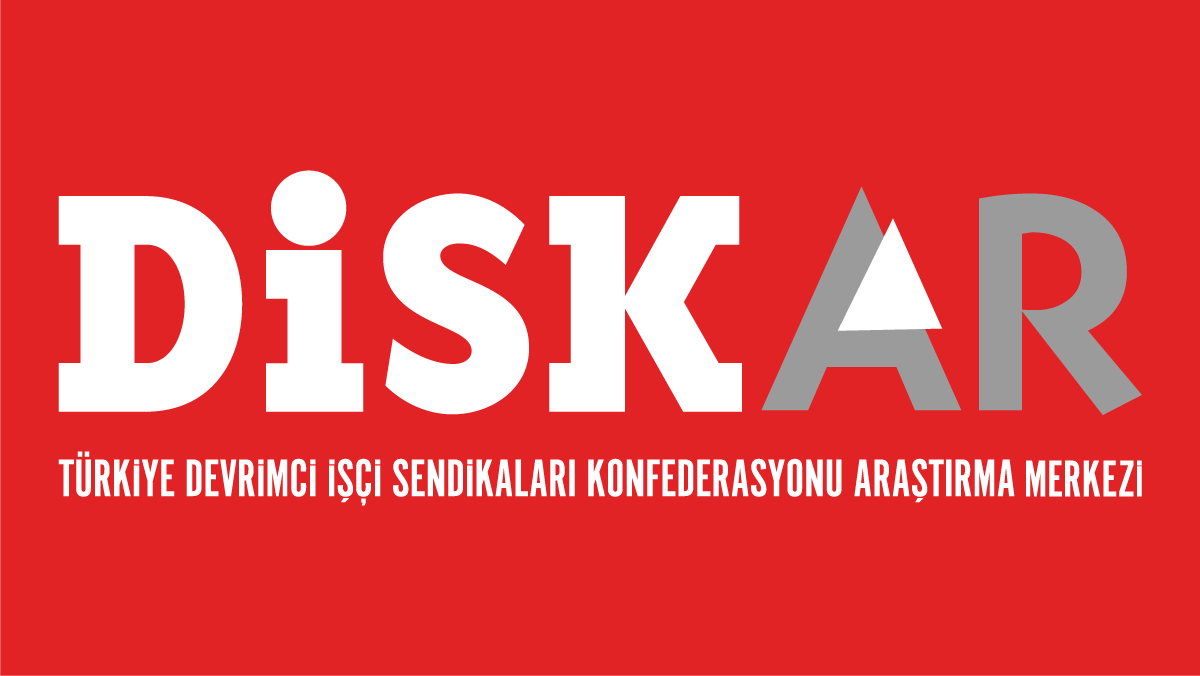Wild cat strikes in metal sector
We are experiencing a crisis in Turkey now in the automobile industry that involves a series of wildcat strikes taking place in industial belt in and around Bursa. Thousands of workers have resigned from Turk Metal, the union that they were forced to join and they are engaging in collective action. They are asserting that the union is controlled and supported by management and does not represent their interests. They are seeking the cancellation of the collective bargaining agreements, which were signed by this organization. Companies including, Renault, Ford, FIAT, Case New Holland and many others are affected by this wave of strikes.
The prevalence of unions that are supported and controlled by management in the automobile sector in particular has seriously undermined the democratic union movement in Turkey and freedom of association more generally. Workers have been unable to freely choose their representatives. When workers have courageously chosen an indepedent union, many have been subjected to reprisals from management. There have been extensive terminations of workers in the automobile sector that can be tied to support for democratic unions—opposed by management. Labor law in Turkey does not provide an adequate avenue for redress for these transgressions.
The most important issue that the striking workers are seeking is the ability to freely choose their union representative. Turkish Labor Law does not establish a secret ballot election when more than one union is in the workplace. Workers are seeking secret ballot elections. The workers are also concerned about the possibility that thousands will be terminated as a result of their collective strike activity.
Government officials and employers have asserted (1) that the strike activity is illegal and that workers will be dismissed for participating in the collective action; (2) even if the entire workforce resigns from the union, the collective bargaining agreement remains in force until the expiration date of September 2017 and dues will be paid to the union; and (3) there can be no changes to the collective bargaining agreement until after it expires in 2017.
The ILO Committee on Freedom of Association has issued a number of relevant decisions that support our position in the following areas:
- Regarding legality of wildcat strikes
– Regarding various types of strike action denied to workers (wild-cat strikes, tools-down, go-slow, working to rule and sit-down strikes), the Committee considers that these restrictions may be justified only if the strike ceases to be peaceful.
(See the , 2006 Digest para 545; 1996 Digest, paras. 496 and 497; and 306th Report, Case No. 1865, para. 337.)
– The right to strike should not be limited solely to industrial disputes that are likely to be resolved through the signing of a collective agreement; workers and their organizations should be able to express in a broader context, if necessary, their dissatisfaction as regards economic and social matters affecting their members’ interests.
(See the, 2006 Digest Para. 531; 1996 Digest, para. 484; 300th Report, Case No. 1777, para. 71; and 320th Report, Case No. 1865, para. 526.)
- Regarding determination of most representative union
– It is not necessarily incompatible with Convention No. 87 to provide for the certification of the most representative union in a given unit as the exclusive bargaining agent for that unit. This is the case, however, only if a number of safeguards are provided. The Committee has pointed out that in several countries in which the procedure of certifying unions as exclusive bargaining agents has been established, it has been regarded as essential that such safeguards should include the following: (a) certification to be made by an independent body; (b) the representative organizations to be chosen by a majority vote of the employees in the unit concerned; (c )the right of an organization which fails to secure a sufficiently large number of votes to ask for a new election after a stipulated period; (d) the right of an organization other than the certificated organizations to demand a new election after a fixed period, often 12 months, has elapsed since the previous election.
(See the 2006 Digest para. 969; 1996 Digest, para. 834; 300th Report, Case No. 1741, para. 55; 302nd Report, Case No 1826, para. 407; 328th Report, Case No. 2136, para. 525; and 332nd Report, Case No. 2252, para. 879.)
- Regarding the cancellation of the collective bargaining agreement
– If a union other than that which concluded an agreement has in the meantime become the majority union and requests the cancellation of this agreement, the authorities, notwithstanding the agreement, should make appropriate representations to the employer regarding the recognition of this union.(See the 2006 Digest para. 960; 1996 Digest, para. 825; and 330th Report, Case No. 2229, para. 955.)
According to above mentioned case decisions, we think that most suitable way to solve this issue is to ensure that Turkey has appropriate mechanisms for allowing workers to formally express their preference for a most representative union. This means mechanisms for holding of a secret ballot elections in workplaces where workers have massively resigned from the managment controlled union. Since the current union was certified as exclusive bargaining agent without any secret ballot, it is important that in order to determine the most representative union for if as we predict the current union is not the most representative, the new union can ask for cancellation of the collective bargaining agreement and start negotiations for a new one.





